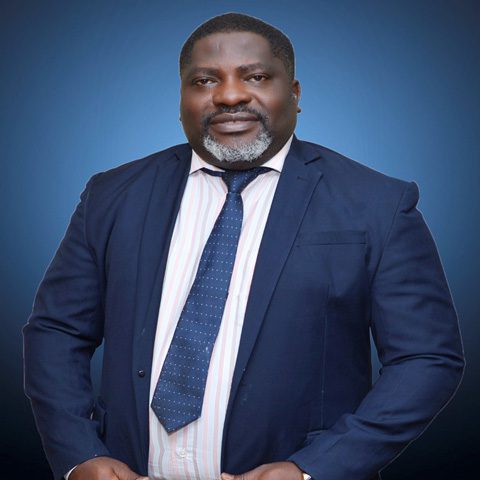
Professor Onuora-Oguno advocates urgent reforms in Nigeria’s education system
By Saka Laaro, Ilorin.
A renowned legal scholar, Professor Azubike Chinwuba Onuora-Oguno from the University of Ilorin, has raised the alarm over the state of Nigeria’s education sector, calling for immediate and comprehensive reforms.
Speaking during the 264th Inaugural Lecture at UNILORIN, titled “Disorder in the Order of the Economic and Social Rights Jurisprudence in Nigeria,” Professor Onuora-Oguno outlined critical measures to overhaul the education system.
The professor, from the Department of Jurisprudence and International Law, presented nine key recommendations aimed at revitalising the sector.
Central to his proposals is the adoption of a rights-based approach, which he believes is essential for bringing about meaningful change in the education sector.
He emphasised the need for stronger collaboration among educational bodies such as the Nigerian Union of Teachers (NUT), National Teachers’ Institute (NTI), Teachers Registration Council of Nigeria (TRCN), Universal Basic Education Commission (UBEC), and State Universal Basic Education Boards (SUBEB).
According to him, these institutions must work together to ensure the delivery of quality education across the country.
Professor Onuora-Oguno also urged the judiciary, particularly in Kwara State, to play a more active role in addressing educational issues.
He believes that a more involved judiciary would lead to better policy development and stronger enforcement of education laws.
He further recommended that the right to education be explicitly included in Chapter Four of the Nigerian Constitution, which would compel lawmakers to prioritise education during constitutional reviews.
The Professor also called for a comprehensive review of the welfare of teachers and other education stakeholders, stressing the importance of ethical practices in education.
He highlighted the need for communities to value education over illicit wealth, noting that the future of Nigeria depends on an educated populace.
In addition to these reforms, Professor Onuora-Oguno emphasised the need for reliable data on the educational needs of persons with disabilities, arguing that such data is crucial for proper budgetary and logistical planning to achieve inclusive education.
He also called on the Federal Government to support Non-State Actors (NSAs) involved in providing education, recognizing their significant contributions to the sector.
Drawing from his experience, he recommended that the Faculty of Law at UNILORIN establish a fund to support students’ participation in moot court and other extracurricular activities.
He also warned that clinical legal education is at risk of fading away due to a lack of support and called for its preservation and promotion.
Professor Onuora-Oguno’s proposals have sparked widespread discussions within academic and legal circles, with many seeing his recommendations as crucial steps towards addressing the longstanding challenges in Nigeria’s education system.




